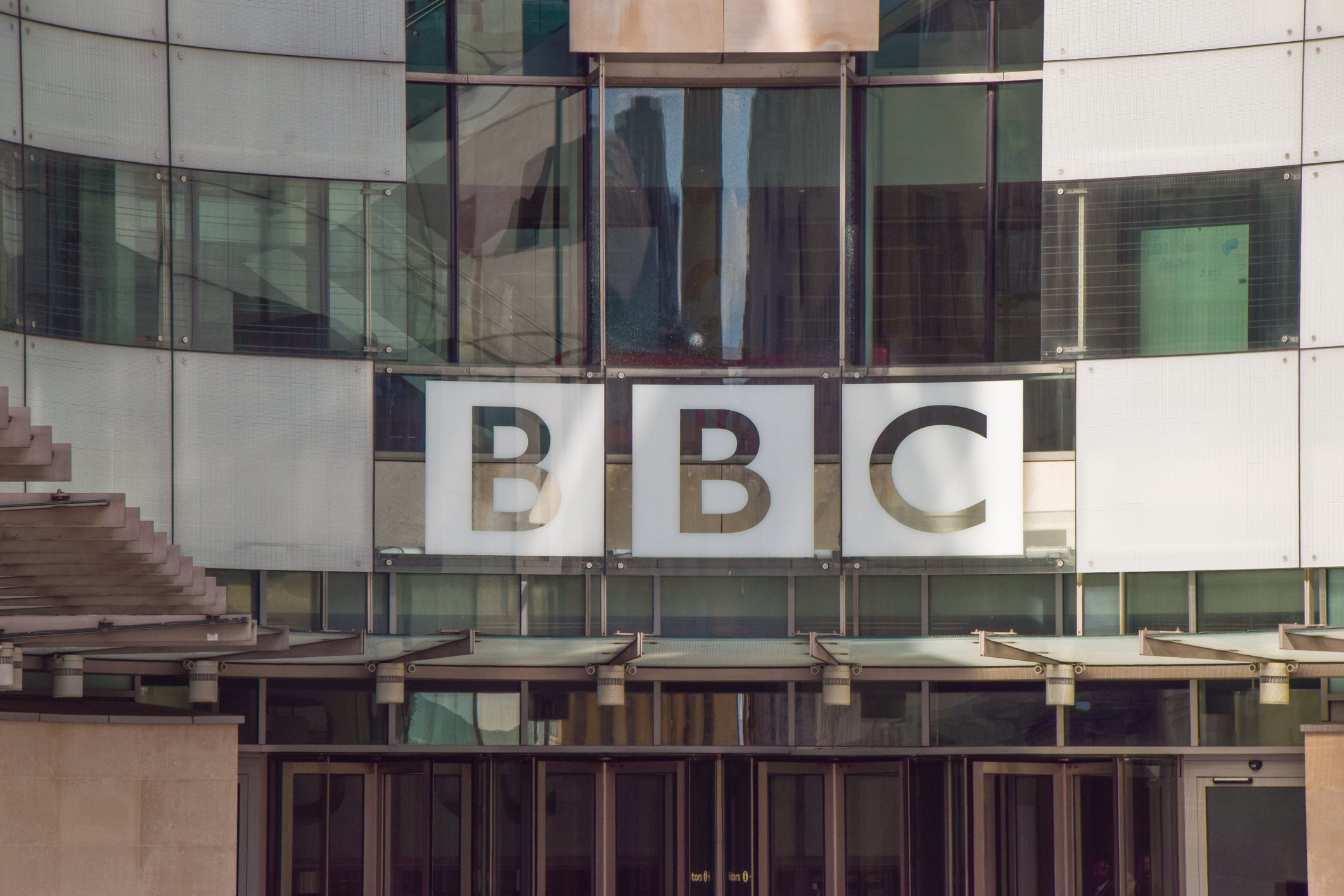BBC launches review into ‘editorial policies and governance’ after Diana interview report
Broadcaster hopes to ensure ‘mistakes of the past’ will not be repeated

The BBC board has announced it will review the effectiveness of the broadcaster’s “editorial policies and governance” following Lord Dyson’s inquiry into the 1995 Panorama interview with Diana, Princess of Wales.
It said in a statement that it acknowledged the failings set out in the 127-page report, which found that the corporation covered up "deceitful behaviour" used by journalist Martin Bashir to secure the interview.
The board added that it hoped to ensure the "mistakes of the past" could not be repeated.
The statement said: "We accepted Lord Dyson's findings in full and reiterate the apology we have offered to all those affected by the failings identified.
“We recognise the impact that the events it describes has had on so many people, not least those whose lives were personally affected by what happened.
“We also acknowledge that audiences had a right to expect better from the BBC.”
The review will be undertaken by a group of non-executive board directors, led by Sir Nick Serota, senior independent director of the BBC.
It will be supported by Ian Hargreaves and Sir Robbie Gibb, non-executive members of the corporation's editorial guidelines and standards committee, and will report to the BBC board in September.
Culture minister John Whittingdale said the reputation of the BBC has been “badly tarnished” by the Panorama interview scandal, and welcomed the announcement of the review.
Mr Whittingdale told MPs: “Lord Dyson’s report makes shocking reading. It details not just an appalling failure to uphold basic journalistic standards, but also an unwillingness to investigate complaints and to discover the truth.
“That these failures occurred at our national broadcaster is an even greater source of shame.
“The new leadership at the BBC deserves credit for setting up an independent inquiry and for accepting its findings in full. However the reputation of the BBC – its most precious asset – has been badly tarnished and it is right that the BBC board and wider leadership now consider urgently how confidence and trust in the corporation can be restored.
“It is not for the Government to interfere in editorial decisions, but it is the job of Government to ensure that there is a strong and robust system of governance at the BBC with effective external oversight.”
Mr Whittingdale said that the BBC needed change to ensure it is no longer dominated by “people with the same mindset, from the same background and the same part of the world”. And he told MPs there was “a case for greater oversight of journalistic and editorial decisions”.
He said the government would “continue to examine” the case for decriminalisation of non-payment of the licence fee, which
The developments came as culture secretary Oliver Dowden warned the broadcaster that the government will “not stand idly by” if it does not make sweeping cultural changes following the scandal.
In an article for The Times, Mr Dowden said the Lord Dyson’s report “has exposed failures that strike at the heart of our national broadcaster’s values and culture”.
Mr Dowden also wrote that there were also “more fundamental questions about the correct funding model, shape and structure of the BBC”, in remarks interpreted as a veiled threat to the licence fee.
The BBC’s review will look at oversight of editorial practices and assess the robustness and independence of whistleblowing processes at the broadcaster.
It will also identify "lessons to be learned" from Lord Dyson's review which may be relevant today.
The board added: "We have confidence that the processes and guidelines in today's BBC are much stronger than they were in 1995, but we know we must also do what we can to prevent such an incident happening again.
"As such, we think it is right that we review the effectiveness of the BBC's editorial policies and governance in detail.
"In doing this, the board will hold the executive to account to ensure there are strong day-to-day editorial processes and a clear route by which to handle any specific issues arising from Lord Dyson's report.
"The board will look at the culture of the BBC as part of its remit to assess the effectiveness of policies and practice."
The BBC has taken steps since 1995 to improve the conduct of its employees, protect whistleblowers and overhaul its complaints process.
However, Lord Hall, who led an internal investigation into the interview in 1996, is facing questions over why Bashir was rehired by the BBC in 2016.
Ministers may look into whether there are governance issues that need reviewing, outside of the remit of Lord Dyson's inquiry.
Scotland Yard has said it will study Lord Dyson’s findings to assess whether the report contains any “significant new evidence”.
Lord Dyson said Bashir was in "serious breach" of the BBC's producer guidelines when he faked bank statements and showed them to Diana's brother Earl Spencer to gain access to the princess.
An internal inquiry in 1996, led by former director-general Lord Hall, who was director of BBC news and current affairs at the time, exonerated Bashir, even though he had previously admitted lying about the fake documents he used in obtaining the interview.
Lord Hall resigned as National Gallery chairman on Monday amid the outcry over the inquiry's findings.
Additional reporting by PA
Join our commenting forum
Join thought-provoking conversations, follow other Independent readers and see their replies
Comments
Bookmark popover
Removed from bookmarks